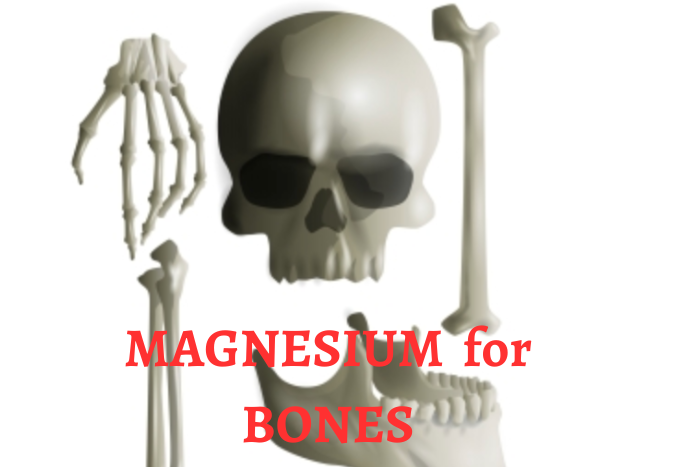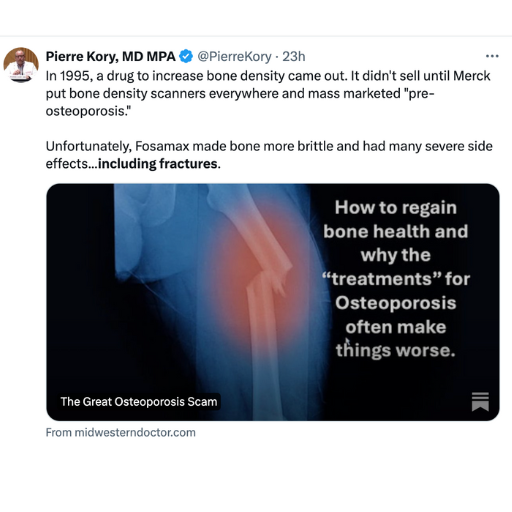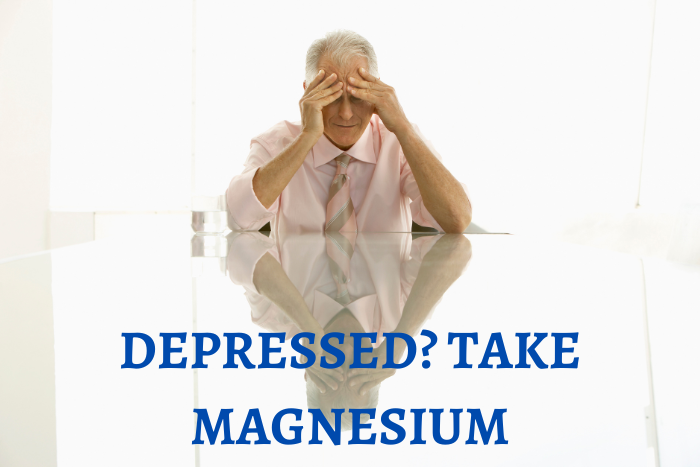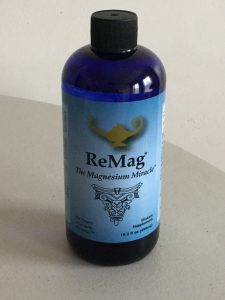
Magnesium for bones is vital. Magnesium plays a crucial role in bone health in the same way as calcium. Calcium supplements are popular and consumed in significant amounts. Unfortunately, consuming calcium without diligently researched information leads to various problems.
What kind of challenges would you ask?
Magnesium for bones is vital
Without an adequate amount of magnesium, the calcium does not absorb well. Calcium can make deposits in soft tissues such as kidneys or joints. Kidney stones or arthritis can occur when magnesium is deficient, and the amount of calcium is abundant.
Magnesium brings benefits to bone health
Calcium metabolism depends on magnesium. Magnesium has multiple roles in the body’s metabolism.
There are magnesium benefits when calcium involved
Levels of magnesium must be efficient for the absorption of calcium. Without it, calcium can overflow cells.
The hormone calcitonin participates in preserving bone structure. However, when there is too much calcium in soft tissues such as kidneys, blood, or joints, calcitonin pulls calcium back to the bones. Magnesium stimulates calcitonin. No magnesium, no calcitonin. Kidney stones and arthritis occur.
Hormone parathyroid is famous for breaking down bones. Not so much fun, yes? Magnesium suppresses parathyroid, preventing bone breakage.
Magnesium converts vitamin D to its active form. It is like a kiss for sleeping beauty. Wake up!
Magnesium activates enzymes that participate in the formation of new bones.
Human bones must be robust and functional all their lifetime. Unfortunately, when magnesium is deficient, bones do not serve well. Why? One of the essential minerals is missing. Magnesium.
Magnesium for bones works as a safeguard
According to Dr. Carolyn Dean, M.D., N.D., osteoporosis is a condition that must not exist. Human bones must be robust and functional all their lifetime. Unfortunately, when magnesium is deficient, bones do not serve well. Why? One of the essential minerals is missing. Magnesium.
All minerals and the rest of the nutrients are equally crucial for bodies. If something is missing the link in the smartly constructed mechanism, all body parts suffer. It happens slowly but with consequences.
Dr. Dean read over 22,000 articles on osteoporosis, but just in a few of them, the importance of magnesium was emphasized.
Can chemicals help to get rid of osteoporosis?
In the book The Magnesium Miracle, I read that the drug Fosamax causes jawbone deterioration. I usually check the side effects of the medicine, and I see many unpleasant things, but this fact is terrible. Imagine eating ice cream and leaving half of your jaw in the cup. It could be the scenario for a horror movie but not for real life.
What does Fosamax do for bones? It causes brittle bones. Fosamax is one of the many drugs which contain fluorine. Fluorine has a nasty habit of binding with magnesium and producing an insoluble compound: sellaite (Mg F2). It makes bones brittle. And prone to fractures. It destroys osteoblasts. Osteoblasts are cells that form new bones. I can not imagine how it can be in this modern world where we can ruin our bones with chemicals. Uh.

Okay, it is enough to scare you. It is better to look for safe ways to help ourselves by giving our bodies vital nutrients.
An update
A drug called Fosamax showed up in 1995. It was not popular till Merck put up bone scanners that scare people with so-called diagnosis pre-osteoporosis. This drug made bones brittle.

Magnesium for bones is essential
The proper diet and the usage of nutrients would provide us with peace of mind and vitality for our bodies. Everything goes smoothly and efficiently when our bodies do not lack any minerals.
Calcium and magnesium are interconnected. Without magnesium, calcium cannot go into cells. Magnesium is for relaxation; calcium is for contraction cells. If magnesium does not pave the way for calcium, osteoporosis, kidney stones, or arthritis problems occur. There are more cases where the role of magnesium is essential, but now we talk about the well-being of bones.
Conclusion
We can prevent osteoporosis with the help of magnesium. Somebody who already has this condition can halt it.
According to Dr. Carolyn Dean, M.D., N.D., the author of The Magnesium Miracle, we need to take steps to prevent osteoporosis or stop the condition.
- Practice a balanced, nutrient-rich diet.
- Supplements of calcium and magnesium
- Exercises
You see that magnesium for bones is an essential mineral. Eating magnesium-rich foods, avoiding coffee, high protein diets, sugar, and alcohol, and taking magnesium will help prevent our bones from being damaged.








